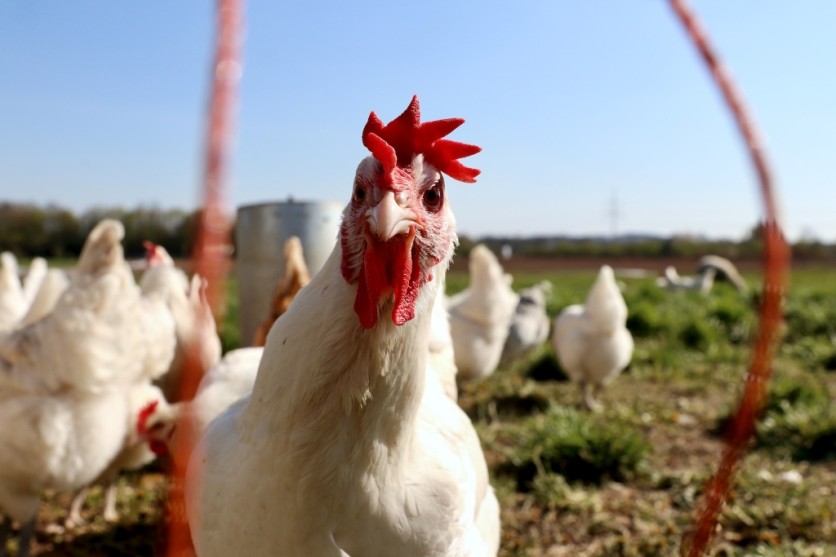An interesting study led by University of Queensland researchers has unveiled an astonishing ability of humans: the capability to decode chicken emotions solely from their clucks and calls (via a report shared by Phys.org).
The study, published in the Royal Society Open Science journal, marks a significant leap in understanding the emotions of these feathered creatures, shedding light on their feelings and welfare through vocal expressions.
Decoding the Clucks
Professor Joerg Henning from UQ's School of Veterinary Science spearheaded the research, delving into whether people could discern the emotional context of chickens' vocalizations.
By utilizing recordings from various scenarios where chickens were expecting rewards or faced non-reward situations, the team tested human perception.
"We used recordings of chickens vocalizing in all different scenarios from a previous experiment," explained Professor Henning.
Calls ranged from those made in anticipation of a reward, which we labeled as the 'food' call and the 'fast' cluck, to others in non-reward contexts like when food was withheld, known as the 'whine' and 'make' calls.

Interesting Findings
The intriguing findings revealed a remarkable ability among participants. Nearly 69% of individuals correctly identified whether the chicken sounds reflected excitement or discontent.
More specifically, participants displayed a higher accuracy in recognizing calls linked to potential rewards, correctly identifying 71% of reward-related calls compared to 67% of non-reward calls.
However, the study uncovered intriguing demographic differences in decoding chicken emotions. Older participants showed slightly less accuracy in determining the context of chicken sounds.
Additionally, distinct age groups perceived chicken emotions in varied ways, with older individuals attributing more excitement to reward-related calls and considering non-reward calls as expressing more happiness than younger participants.
What This Study Holds
The implications of this research are far-reaching. Beyond the intriguing ability of humans to understand chicken emotions, the study hints at potential improvements in poultry welfare.
Professor Henning underscored the significance: "This would allow for the development of automated assessments of compromised or good welfare states within poultry management systems."
The study proposes the identification of specific acoustic cues, potentially paving the way for artificially intelligent-based detection systems to monitor chicken vocalizations.
These systems could revolutionize poultry management, enabling automated assessments of chicken welfare. Such advancements could ensure better conditions for farmed chickens, catering to conscientious consumers who prioritize animal welfare in their purchasing decisions.
This groundbreaking research highlights our ability to empathize with creatures beyond our species and emphasizes the potential impact on improving the lives of animals we rely on for sustenance.
The study contributes to a broader understanding of emotional perception across species and signifies a potential similarity in acoustic cues among vertebrates.
Stay posted here at Tech Times.
Related Article : Study's Amazing Discovery: Chicken Eggshells Can Act as Electrodes to Power Batteries

ⓒ 2025 TECHTIMES.com All rights reserved. Do not reproduce without permission.

![Best iPads that Students Can Use in School [2025]](https://d.techtimes.com/en/full/461431/best-ipads-that-students-can-use-school-2025.jpg?w=184&h=103&f=516289300e12e9647ef3d5bd69f49b70)


